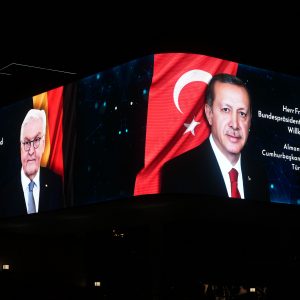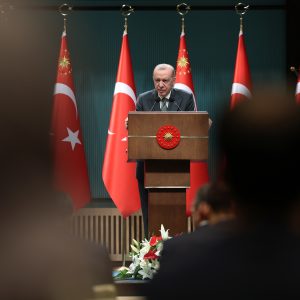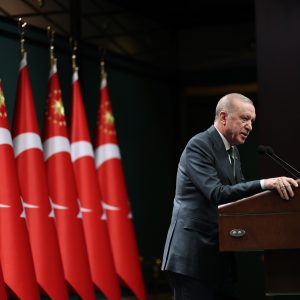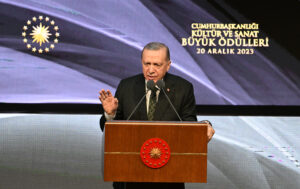Kashmir Shiite Muslims march to mourn the Karbala tragedy after 33-year ban lifted
Srinagar, Indian-occupied Kashmir (AFP):
Muslims marched through Indian-occupied Kashmir’s largest city on Thursday for a major religious procession mourning the Karbala tragedy that is commemorated on 10th Muharram in the Islamic lunar calendar. The annual procession has been permitted in the restive territory for the first time since a ban was imposed decades ago.
The month of Muharram is the holiest time for Shiite Muslims across the world when large processions mark the martyrdom of the Prophet Muhammad’s (Peace Be Upon Him) grandson Hussein (May God be Pleased with Him) in the seventh century.
However, authorities in Kashmir had banned the procession in 1990, the year after an armed revolt against Indian rule erupted in the disputed region that is also claimed by Pakistan.
Since imposing direct rule on the territory four years ago, Indian Prime Minister Narendra Modi’s government has been eager to claim improved security in the territory after decades of unrest.
Top police officers and administrators walked alongside mourners who marched through the streets of Srinagar expressing ritual mourning and grief, following several rounds of negotiations between officials and clerics to allow the march to proceed.
“This is a dividend of peace,” the city’s top administrator Mohammad Aijaz told reporters after the procession concluded without incident.
Some small Muharram processions have been permitted in Kashmir since the 1990 ban but often ended violently, with mourners shouting slogans demanding independence.
Shiite Muslims are a minority in mostly Sunni Kashmir but authorities believe they account for at least 10 percent of the region’s population of nearly 14 million.
This year’s procession was by far the largest in a generation and the first time many of those who joined were allowed to participate.
Authorities allowed the procession on condition that mourners would not use “anti-national slogans or propaganda” or display any references to rebel groups and “banned organisations”.












